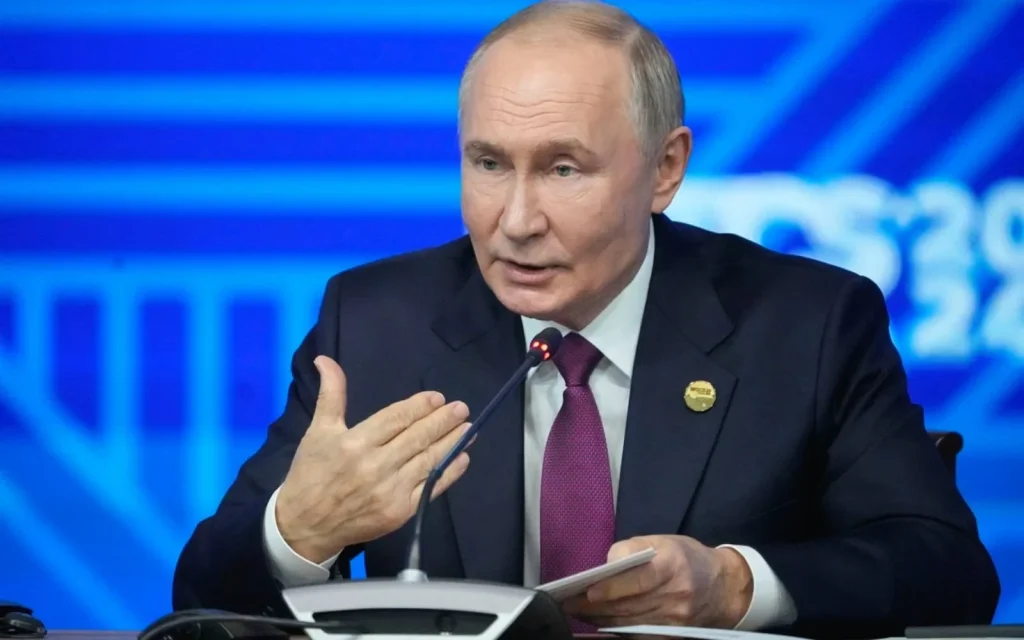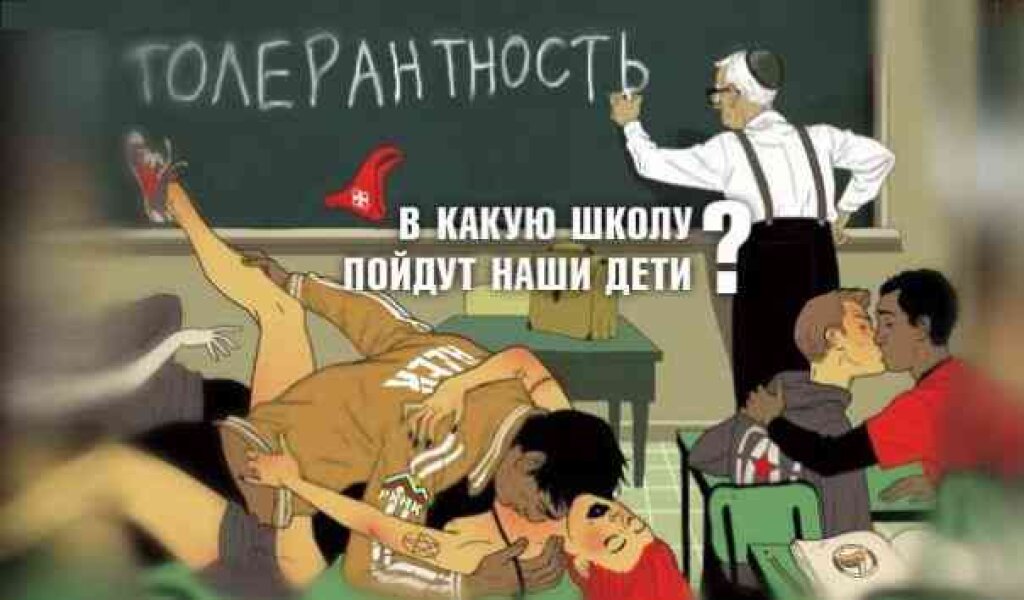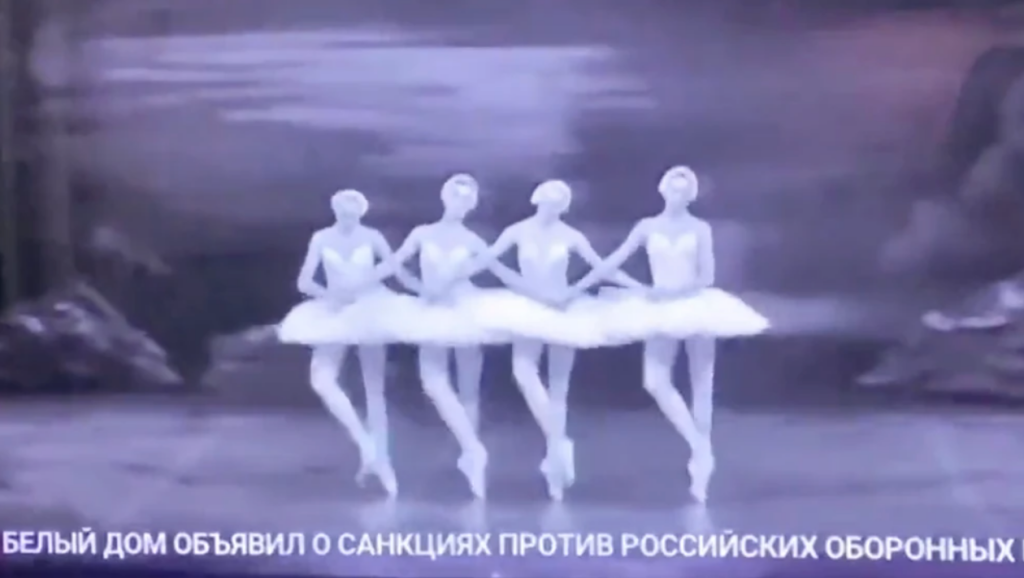Peter Rutland is a professor of government at Wesleyan University.
This piece originally ran on Transitions Online on 17 January.
“For things to remain the same, everything must change"
Giuseppe di Lampedusa, The Leopard
Vladimir Putin’s surprise announcement during his annual presidential address on 15 January that the constitution will be rewritten, and the subsequent resignation of his government, caught everyone by surprise. Like Meghan and Harry’s announcement a few days earlier that they were leaving Britain, it seemed to have been be done in a hurry, and leaves many key questions unanswered.
Does it signal the beginning of the end of Putin’s long reign – or is part of a scheme to enable him to stay in power behind the scenes even after he steps down as president in 2024?
The main thrust of the changes will be to weaken the president and strengthen the power of the parliament, the State Duma, and the State Council (a body including regional leaders). The Duma will get to choose the prime minister and other government ministers – except for the foreign and security heads, who will continue to be selected by the president. Putin then somewhat contradicted himself by insisting that “Russia must remain a strong presidential republic.” Exactly how it will all work is anyone’s guess.
Although Russia appears to be an electoral democracy, it has failed to develop strong parties or popular politicians – precisely because such developments would threaten Putin’s power. It is thus hard to believe that in the next couple of years a truly competitive parliamentary democracy will emerge phoenix-like in the twilight of Putin’s 20 years of personalistic rule.
The changes Putin proposed directly impact Chapters 1 and 2 of the constitution, which means that a Constitutional Assembly and nationwide referendum should be required (a procedure that has not been used since the Constitution was introduced in 1993.) However, in his speech Putin insisted that a constitutional assembly would not be needed – though at the same time, confusingly, he suggested that the changes should be put to a popular vote.
Putin’s presidential address is usually delivered in March – but it was brought forward by two months to drop this bombshell. Why the urgency? The next State Duma elections are not due until September 2021 – so there is no pressure on that front. Putin’s approval ratings have been eroding – so perhaps he wants to push through these constitutional changes before his popularity declines to a point where the constitutional referendum might fail to pass. But with no clear explanation of what exactly was happening, and why, this left the door open to negative interpretations, leading some to interpret these developments as a sign of Putin’s weakness, not strength.
The biggest loser from this week’s turn of events was prime minister Dmitry Medvedev, who was demoted to deputy chairman of the Security Council (a position that does not yet exist under the law). To replace him as prime minister Putin selected a technocrat from the reformist wing of the government – Mikhail Mishustin, who has headed the federal tax service since 2010. He oversaw the introduction of real-time digital monitoring of all retail and wholesale transactions that led a radical reduction in tax evasion.
The sad truth is that Russia’s political system is broken. Putin has constantly tinkered with the country’s political institutions to create the appearance of change while retaining power in his own hands. There have been six Duma elections since 1993 – but the rules were changed before each set of elections. The same cycle of procedural changes has also applied to regional leaders: at first they were elected, then appointed, and now they are once again elected, but screened by regional legislatures. The endless reshuffling deters political actors from investing their time or effort in building lasting institutions – instead, they focus on building ties of personal loyalty with their bosses and subordinates.
The opposition has taken to the streets in recent years, especially to protest the pension reform announced in July 2018, raising the retirement age by five years (to 65 for men and 60 for women). But they have been met with harsh repression. And as Tony Barber of the Financial Times noted, the opaque nature of the newly-proposed reforms makes it virtually impossible for anyone to protest against them. So the Russian people will probably just sit out the next year and watch while the different factions of the Russian political elite maneuver to carve out a favorable position for themselves in the new regime – whatever it is that Putin has in mind.



